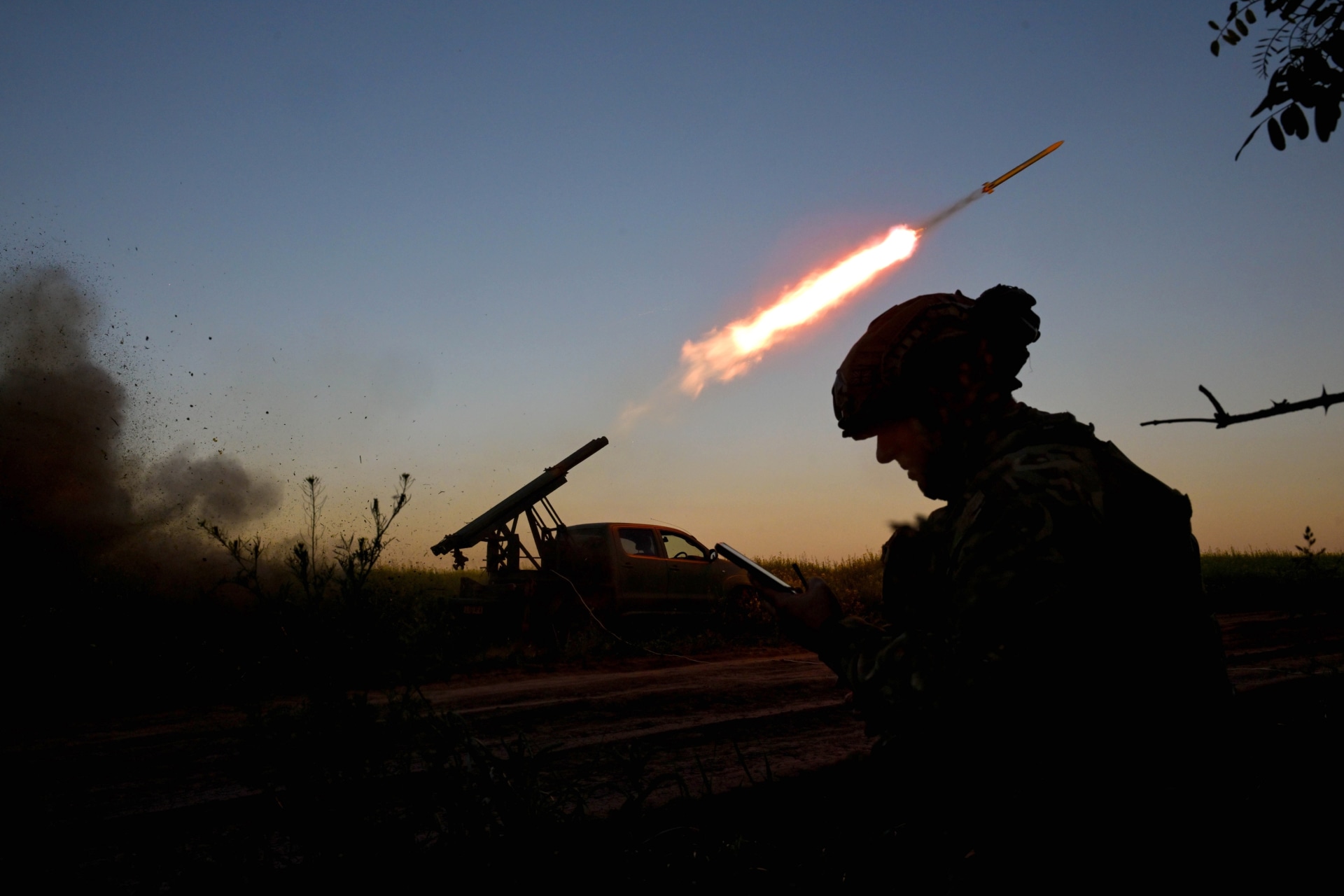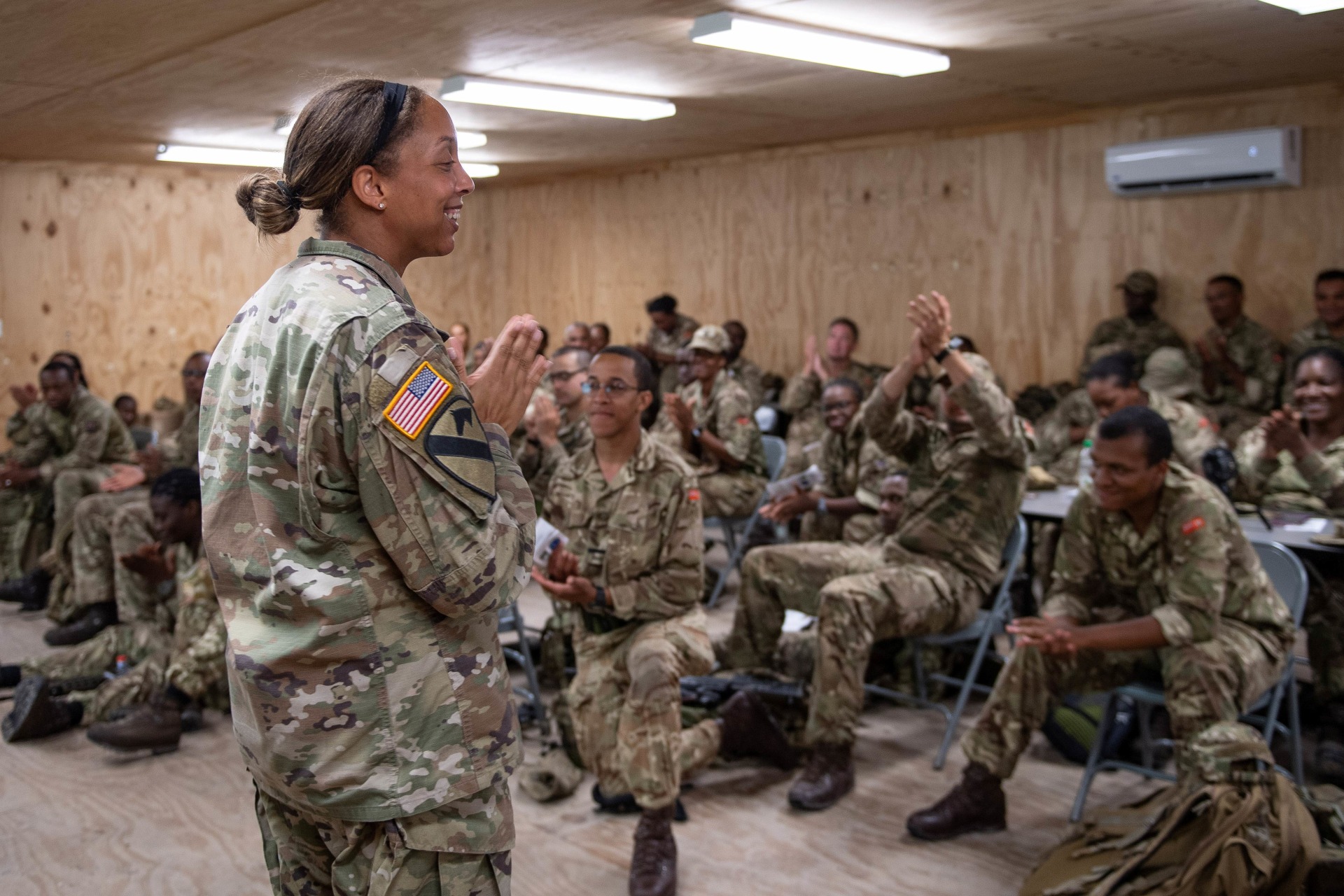Countering Sexual Violence in Conflict
BY
- Jamille BigioSenior Fellow for Women and Foreign Policy
- Rachel B. VogelsteinDouglas Dillon Senior Fellow and Director of the Women and Foreign Policy Program
Overview
Armies and armed groups often subject noncombatants—particularly women and children—to conflict-related sexual violence, such as rape, sexual slavery, and forced marriage. Despite international recognition of this devastating abuse as a crime against humanity, sexual violence continues to plague conflicts from the Democratic Republic of Congo (DRC) to Syria. This practice has also proliferated among extremist groups, including Boko Haram in Nigeria and the self-proclaimed Islamic State in Iraq and Syria. Additionally, sexual violence has tarnished the operations of peacekeepers charged with protecting civilians, thereby undermining the integrity and effectiveness of international peacekeeping institutions across the globe.
Sexual violence in conflict is not simply a gross violation of human rights—it is also a security challenge. Wartime rape fuels displacement, weakens governance, and destabilizes communities, thereby inhibiting postconflict reconciliation and imperiling long-term stability.
Combating conflict-related sexual violence merits a higher place on the U.S. foreign policy agenda. Although the U.S. government has taken modest steps to address sexual violence in conflict under successive Republican and Democratic administrations, more action is needed. To counter such violence, the Donald J. Trump administration should require training on conflict-related sexual violence in U.S. security cooperation efforts; expand the number of women serving in militaries, police, and peacekeeping forces around the world; increase accountability for the crime of sexual violence; and undermine terrorist financing streams raised through the abduction of women and children. These steps will help the United States and its allies respond effectively to the security threat posed by conflict-related sexual violence and advance U.S. interests in peace and stability.t





